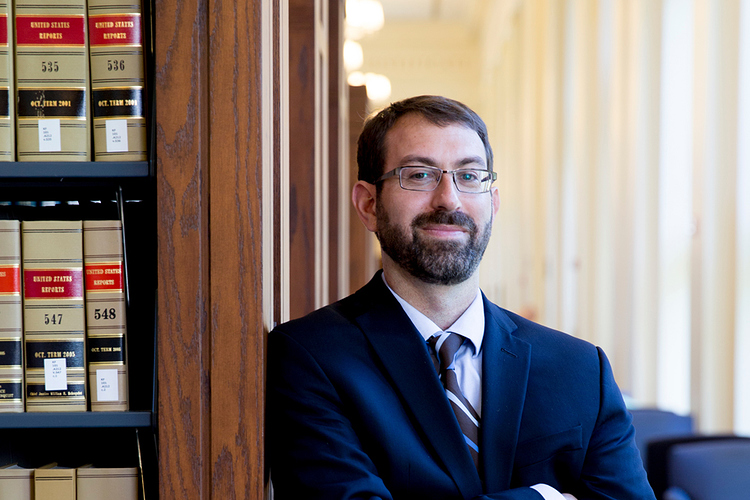In the London Review of Books, Pankaj Mishra reviews The People v. Democracy: Why Our Freedom Is in Danger and How to Save It by Yascha Mounk, and Not Enough: Human Rights in an Unequal World by Samuel Moyn. While Mishra finds the former to be a hollow plea for a dying liberal order, he finds the latter to be a clear-eyed assessment of the limitations of “human rights” rhetoric. As Mishra notes, Moyn sees “the crisis of neoliberalism” as “an intellectual and political opportunity” to revive and redefine a vital political and moral project: socialism. Read an excerpt from Mishra’s piece below, or the full text here.
The days when young people transposed their political idealism into the vernacular of liberal internationalism seem to be behind us. Young men and women are more likely today to join domestic political upsurges against neoliberalism than to fall for a human rights anti-politics miraculously placed beyond political economy. They can hardly avoid noticing the great chasm that now exists between the continuing official commitment to human rights and their brazen infraction in relations everywhere between the rich and the poor, the powerful and the weak. Moyn’s own book, probably his last word on the last utopia, looks at democratic vistas beyond the horizons of human rights and a liberalism parasitic on varying evils – communism, Islamofascism, Trumpism – for its self-definition. His timing seems right. ‘It is as if the main problem for liberal democracy were its enemies,’ Moyn wrote in 2006, introducing a collection of Pierre Rosanvallon’s writings, ‘as if there were no need to ponder the historical variations and untried possibilities of democracy.’ Twelve years later, Trump has inadvertently forced open political and economic possibilities across the ideological spectrum; the Thatcherite assumption that there is no alternative is no longer tenable. Moyn, in Not Enough, senses that the crisis of neoliberalism presents an intellectual and political opportunity. He recovers forgotten moments from the long postcolonial effort to extend to economics and geopolitics the principle of equality that liberals regard as legitimate only in the political realm. He lingers on the proposals made by poor countries in the 1970s for an international economic order that could protect them from the depredations of rich countries and multinational corporations. He describes at length the thinking behind European commitments to national welfare states in the postwar era. This is not nostalgia, of the kind Tony Judt felt for the social democracy of his youth. Nor is it Third Worldism, as a touchy reviewer of Moyn’s book in the New York Times charged. Rather, Moyn wants to reinstate socialism – which was, after all, the ‘central language of justice’ globally before it was supplanted by human rights – as an ethical ideal and political objective.
Image of Samuel Moyn via yale.edu.
